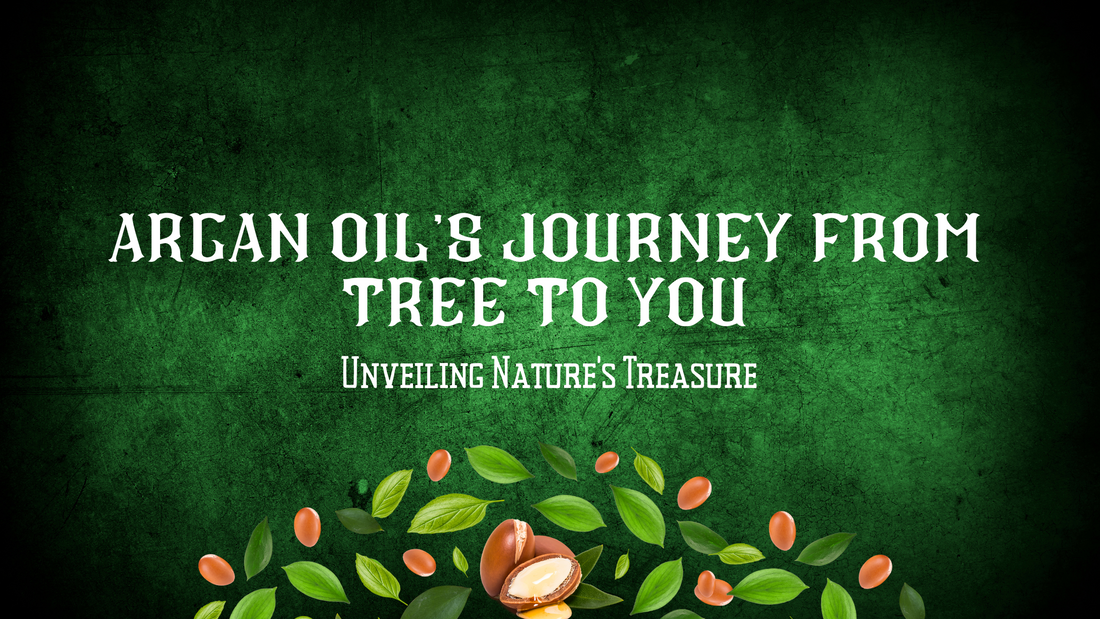Introduction
What is Argan Oil?
Argan oil, often referred to as "liquid gold," is a versatile and valuable natural product derived from the kernels of the Argan tree (Argania spinosa). This rare oil has gained global recognition for its numerous health and beauty benefits.
Importance of Argan Oil
Argan oil holds immense significance due to its rich composition of essential fatty acids, antioxidants, and vitamins. Its therapeutic properties make it a prized ingredient in skincare, haircare, and culinary products.
Discovery of Argan Oil
Historical Origins
The discovery of Argan oil dates back centuries in Morocco, where indigenous Berber communities first recognized its medicinal and cosmetic value. Historically, it was used to treat various skin ailments and protect against harsh environmental conditions.
Traditional Extraction Methods
Traditional methods of extracting Argan oil involve labor-intensive processes carried out by Berber women. These methods, passed down through generations, involve hand-cracking the Argan fruit and manually extracting the kernels.
The Argan Tree
Habitat and Distribution
The Argan tree is native to southwestern Morocco, thriving in semi-arid regions characterized by low rainfall and high temperatures. It plays a crucial role in maintaining ecological balance and preventing desertification.
Lifecycle of the Argan Tree
Argan trees have a long lifespan, with some specimens living for up to 200 years. They undergo a slow growth cycle, taking several years to reach maturity and bear fruit. The trees have adapted to survive in harsh conditions, with deep root systems for water retention.
Harvesting Argan Fruits
Seasonality and Process
Argan fruits ripen annually from June to August, signaling the start of the harvesting season. Harvesting involves handpicking the fruits from the trees, a task often carried out by local communities. The collected fruits are then sun-dried to facilitate oil extraction.
Sustainability Practices
Efforts are underway to promote sustainable harvesting practices to protect Argan tree populations and support local communities. Initiatives focus on fair trade practices, women's cooperatives, and reforestation efforts to ensure the long-term viability of Argan oil production.
Extraction Process
Traditional vs. Modern Methods
Traditional extraction methods involve grinding the Argan kernels into a paste, which is then cold-pressed to yield oil. Modern methods utilize mechanical presses and solvent extraction techniques to increase efficiency and production capacity.
Production Challenges
The production of Argan oil faces challenges such as labor intensity, limited cultivation areas, and environmental threats. Conservation efforts are essential to preserve the Argan tree ecosystem and maintain the integrity of Argan oil production.
Benefits of Argan Oil
Cosmetic Uses
Argan oil is prized for its skincare benefits, including moisturizing, anti-aging, and healing properties. It is commonly used in creams, serums, and lotions to hydrate the skin, reduce inflammation, and promote a youthful complexion.
Culinary Applications
In addition to its cosmetic uses, Argan oil is renowned for its culinary applications. It adds a unique flavor profile to dishes and is particularly popular in Moroccan cuisine. Rich in antioxidants and unsaturated fatty acids, it offers health benefits when consumed in moderation.
Argan Oil in Modern Society
Commercialization
In recent years, Argan oil has gained popularity in the global market, leading to increased commercialization and demand. It is a sought-after ingredient in the beauty and wellness industry, featured in skincare products, hair treatments, and dietary supplements.
Global Market Impact
The growing demand for Argan oil has led to economic opportunities for Moroccan communities involved in its production. However, concerns about sustainability, fair trade practices, and authenticity have emerged as the industry expands.
Quality Standards
Certification and Regulation
To ensure product quality and authenticity, various certification programs and regulations govern the production and marketing of Argan oil. These standards address factors such as extraction methods, purity, and labeling requirements.
Authenticity Concerns
The increasing popularity of Argan oil has prompted concerns about counterfeit products and adulteration. Consumers are advised to purchase from reputable sources and look for certifications such as "PDO" (Protected Designation of Origin) to guarantee authenticity.
FAQs about Argan Oil
What are the benefits of using Argan Oil?
Argan oil offers numerous benefits for skin, hair, and overall health. It moisturizes the skin, reduces inflammation, strengthens hair, and provides essential nutrients.
Is Argan Oil suitable for all skin types?
Yes, Argan oil is suitable for all skin types, including sensitive and acne-prone skin. Its non-comedogenic properties make it ideal for moisturizing without clogging pores.
How does Argan Oil benefit hair health?
Argan oil nourishes the hair follicles, promoting hair growth, and improving overall hair health. It prevents split ends, reduces frizz, and adds shine to dull hair.
Can Argan Oil be used for cooking?
Yes, Argan oil is commonly used in cooking, particularly in Moroccan cuisine. It adds a nutty flavor to dishes and offers health benefits due to its high content of unsaturated fatty acids and antioxidants.

